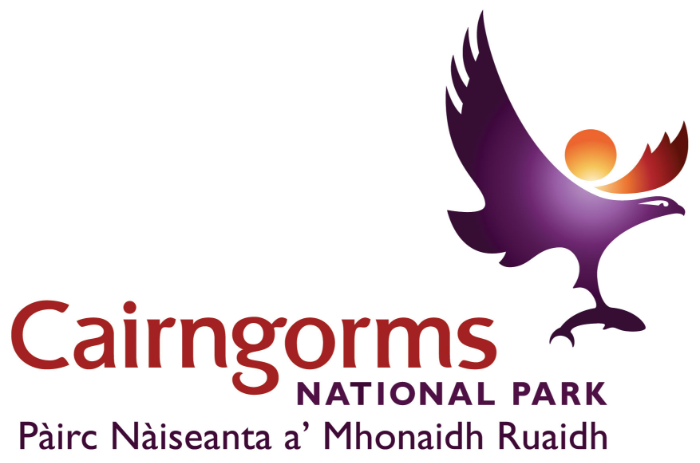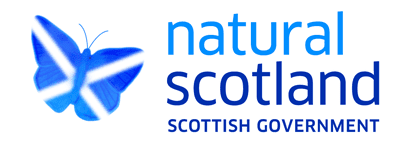27thJune 2023
Did you celebrate Insect Week 2023? Check out the free resources available anytime!
Discover why the Field Studies Council are getting involved in insect week 2023, PLUS free citizen science resources and some great insect infographics!
24thMay 2022
Nectar in flowers – what’s in it?
Many plants entice flower visitors with an irresistible reward: nectar. This article in Scottish Pollinators (19 May 2022), ‘A bitter-sweet medication’ explores the complex chemistry of nectar, and how these chemicals can help or hinder plant eaters and pollinators.
17thMay 2022
Why do insects lose their wings?
This post in Scottish Pollinators (12 May 2022) explores the evolutionary journey of insects, and why some have taken the flightless pathway.
30thSeptember 2021
Autumn means more house spiders and sugar hungry wasps
This article in The Conversation (23 September 2021) explains why.














